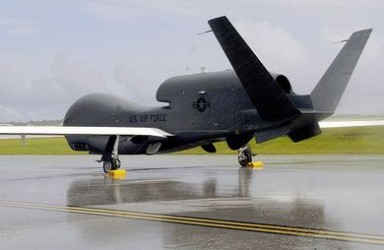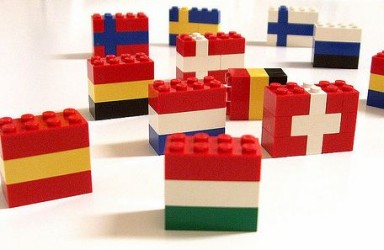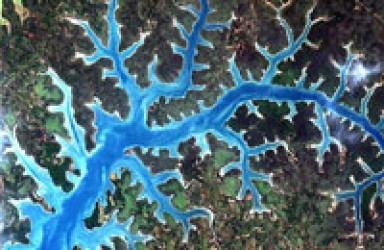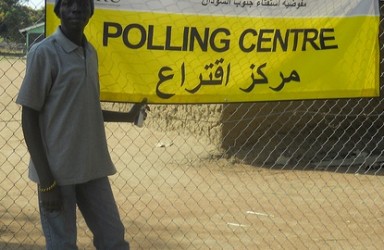The Legality of America’s Program of Targeted Killings by Unmanned Aerial Vehicles
The administrations of President Bush and President Obama have not provided many more details on how they assess just what these targeting practices are or how they operate. While they offer assurances that their procedures meet the necessary requirements of the laws of war in terms of distinction and proportionality, they have not offered any evidence of the actual overview process.
Nation States: Stronger in Europe than Elsewhere?
Europe has imposed its intrinsic identity and revolutionary social and political values and models worldwide, transforming many of them in global standards, shaping the lives of billions of people. It is within the European geographical space that a large number of the world’s greatest empires have developed and some of humanities most valuable technological, spiritual, cultural, economic or political advancements have been achieved.
The Treaty of Lisbon: An Analysis
The Lisbon Treaty has not brought a revolutionary reform. The democratic deficit, though slightly improved, still has a long way to go, in terms of transparency, openness and public awareness of EU politics. It can be criticized for the tremendous complexity in itself, which doesn’t succeed in bringing the idea of a united Europe and what it entails closer to the people. In a nutshell, the Union is still far from reaching finalité politique.
Water wars? The Role of Hegemony in the Jordan River, Nile River and Columbia River Basins
Predictions of “water wars” have become an important and even customary part of global diplomatic discourse. In 1995, the World Bank’s vice president for environmentally sustainable development famously asserted “if the wars of this century were fought over oil, the wars of the next century will be fought over water”. What is the truth about transboundary water and the potential for war?
Transnational Labour Migration and the International Sex Trade
The sex trade has been overlooked in migration studies, often only appearing in criminological or gender studies.
Food ‘Security’: the need for a new framework for analysis
The last global food crisis of 2007-08 should have jolted policymakers across the globe into examining more closely the root causes and consequences of such crises at the local, regional and global levels. In 2011, global food prices have once again returned to make alarming headlines and analysts far and wide are arguing that we stand at the threshold of yet another global food crisis.
Was nationalism the primary cause of the wars in the former Yugoslavia?
The wars in the former state of Yugoslavia that endured for most of the 1990’s have an established legacy today. They have come to be seen by those in the West as a gritty, difficult and unpleasant series of conflicts, epitomised by horrific brutality perpetrated by ultra-nationalist thugs. Nationalism was a major feature of the wars as they were prosecuted, but not the primary cause of the Yugoslav wars. The answer is less clear-cut than it may seem.
To what extent is the Panopticon a suitable analogy for power?
Power is pervasive; it belongs to no-one. Its main medium of control is surveillance. Bentham’s Panopticon is, on the whole, a suitable analogy for Michel Foucault’s conception of power. It encompasses the essence of Foucault’s work on power, though it does not represent it in its entirety.
What are the consquences of the notion of “Islamist terrorism”?
The use of othering discourse and increasing threat levels encourages fear and mass hysteria in Western countries. Preconditioned as we are by Religiophobia, ethnophobia and Islamophobia, the exaggerated threat of Islamic terrorism specifically and religious terrorism generally cannot be negated until dominant stereotypes and representations are subjected to change.
The Challenge of Sisyphus and post-referendum Southern Sudan
There is an intense sense of Sisyphean angst concerning the challenges facing Southern Sudan. With a reasonably fertile land, a young population, and plentiful resources Southern Sudan has the raw materials to build a successful nation, but only if it receives the support it requires.











